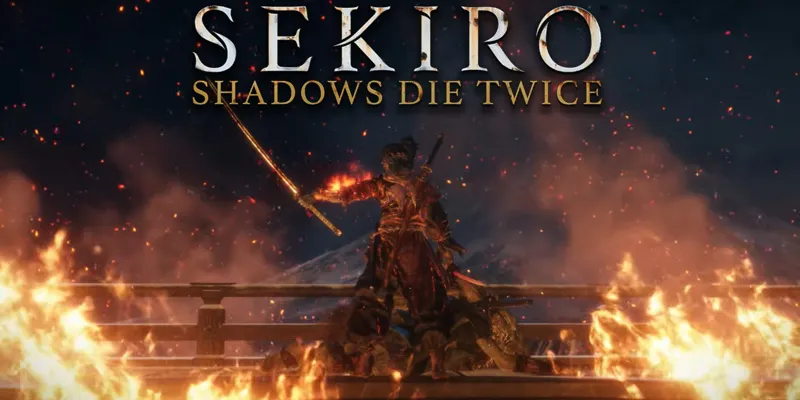Sekiro: Shadows Die Twice has been somewhat overshadowed by the vast scale of Elden Ring, which has dominated discussions around FromSoftware in recent years. Despite lacking a sprawling open world or a plethora of unlockable weapons, Sekiro remains a compelling experience worth delving into.
Sekiro: Shadows Die Twice introduces some of FromSoftware's most innovative mechanics and concepts, some of which did not transition to Elden Ring. Looking back, FromSoftware has the opportunity to draw inspiration from Sekiro, with the game's unique 'Shura' ending serving as a solid foundation for future FromSoft projects.
Reimagining Endings: Drawing from Sekiro's Shura Finale
Sekiro's Shura Ending Unveiled
In the realm of Sekiro: Shadows Die Twice, the notion of becoming a 'Shura' is central. A Shura is an entity that severs all emotional ties with the world, focusing solely on violence, bloodshed, and death. While FromSoftware's narratives often revolve around cycles of violence perpetrated by deific entities, Sekiro's Shura conclusion delves deeper, casting players as a Shura themselves.
Midway through Sekiro: Shadows Die Twice, players encounter Owl, The Wolf's former mentor, offering a choice between upholding the Iron Code and forsaking Kuro, or rejecting the Code to stand by the young boy. Opting for the Shura ending entails obeying the Iron Code, triggering two exclusive consecutive boss battles.
Revolutionizing Narrative Structures: Embracing Mid-Game Endings
While Elden Ring boasts six distinct endings, all stem from a single final boss encounter, differing only in the concluding cinematic. While these endings harmonize with Elden Ring's lore and overarching story, a departure in future FromSoftware games, like a sudden mid-game finale reminiscent of Sekiro's Shura conclusion, could inject a refreshing twist.
A major advantage of incorporating a mid-game ending like Sekiro's is the provision of a unique conclusion scene distinct from other endings, along with exclusive boss battles. These exclusive encounters preceding Sekiro's Shura finale stand out as the game's pinnacle challenges, naturally incentivizing replay value, crucial in a title like Sekiro with limited weapon variety and build options. Additionally, a mid-game conclusion broadens speedrunning possibilities, offering players diverse avenues to conquer the game with flair.

